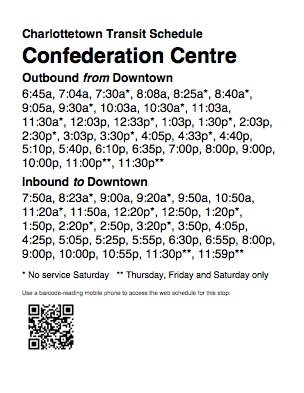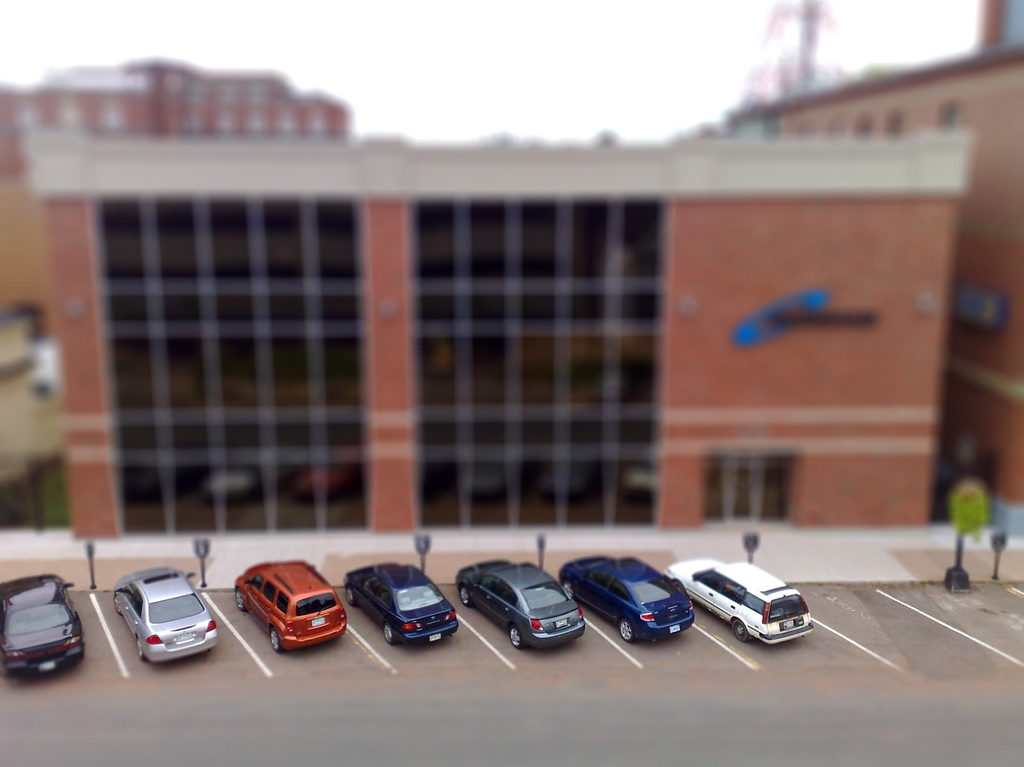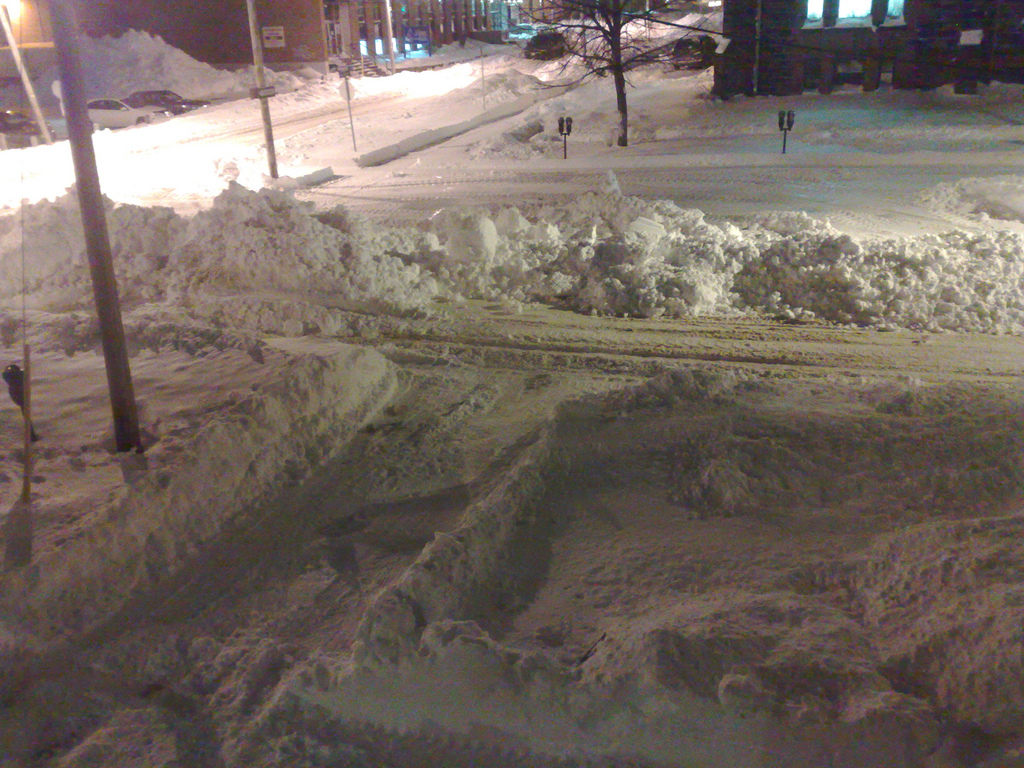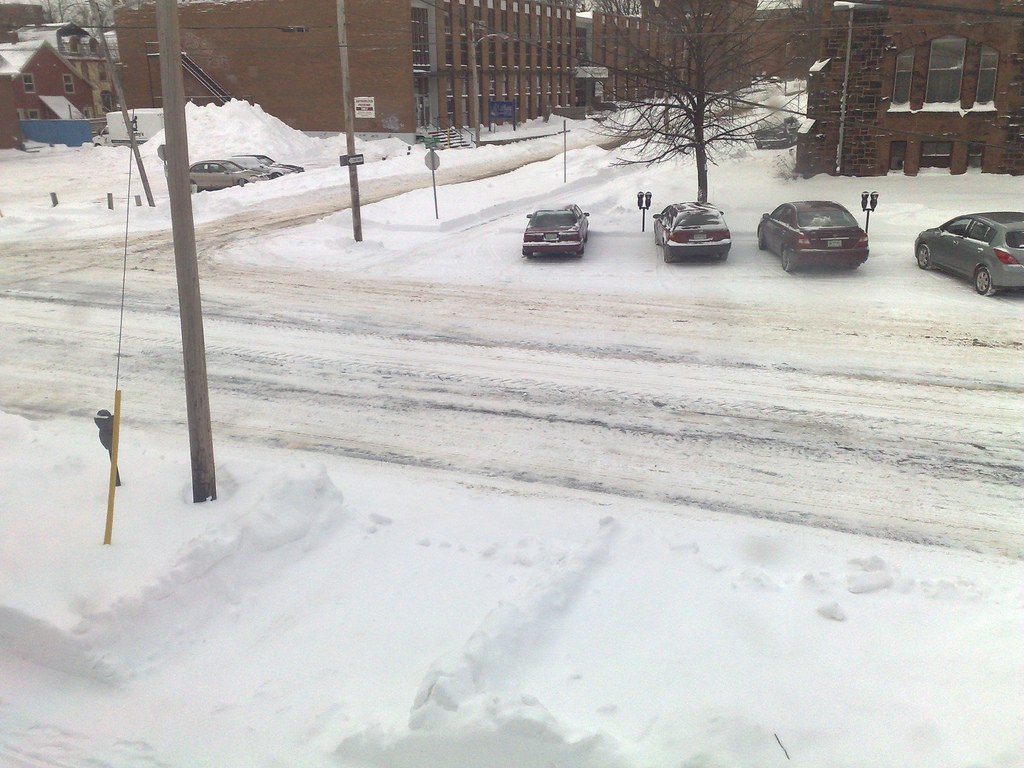In April of last year the Department of Economic Development here in Prince Edward Island was renamed and became the Department of Innovation and Advanced Learning. In announcing the change, Government outlined the role of the new department:
Prince Edward Island’s greatest natural resource is its people. We have a long and proud history of innovation — and a population that is fiercely loyal to the province.
For that reason, substantial new investments will be made in the years to come, which will offer Islanders much greater access to educational opportunities in a changing economy.
The new Department of Innovation and Advanced Learning will blend the challenges of a changing economy with the province’s capacity to promote post-secondary education, learning and training.
At the time I was spending more time than usual on projects at the University of PEI, and I came to realize there was something of a caste system at the university: faculty, staff, students. And “other,” the category I fell into. While this might seem like a perfectly normal state of affairs, in light of Government’s desire to provider “much greater access to educational opportunities in a changing economy,” the distinctions seemed artificial and counter-productive.
And so I had an idea: why not make every citizen of Prince Edward Island a member of the university.
At the hospital on the day you’re born you’d get your UPEI card along with your birth certificate. And while this might not entitle us to freely attend classes, it would afford some actual privileges: borrowing books from the library, access to site-licensed journals, wifi access, a discount at the bookstore.
But perhaps more important that any practical benefit, the mere fact of saying this place is your place could, in one act, change the place of the institution relative to the community from something remote, effete, and available only to the especially qualified to a become a vital, accessible, and inclusive institution that belongs to and can learn from and enhance the lives of all Islanders.
Yes the change would be symbolic. But symbols matter, and a university that says “we value you so much that we’re going to bring you inside” is far more likely to develop an intimate, symbiotic relationship with its community that one that continues to maintain the traditional walls around the academy.
I’ve been trying this idea out for some months now, running it by various people inside UPEI and out, and it has, I think, at least ignited some discussion. To be able to really try it on for size, however, I realized that I needed, as a lowly member of the “other” caste, to try to engage the academy and see how it went.
An opportunity conveniently arose this fall when Neb Kujundzic invited me to participate in his course Philosophy 105: Technology, Values & Science this semester.
I wasn’t sure whether this was best done as a bona fide student, by formally auditing the course, or by just showing up, so I decided to start down the enrolment path and see how that went. I sent an email to the Registrar:
I would like to register for the course “Philosophy 105: Technology, Values & Science,” starting in January.
I am what you appear to call either an “adult learner” or an “unclassified undergraduate” (or maybe a “lifelong learner?”).
Can you please tell me what steps I need to take to apply for and/or register for this course.
I received back a one-line reply:
You would need to fill out an unclassified form, found online, or you can come in and fill a form out.
Not exactly the sort of “wow, you want to engage with UPEI: that’s amazing — here’s exactly what you need to do, and why don’t you stop around and have a coffee and we can talk about other ways you might get involved” response I would expect to receive to from an institution that seems so otherwise eager to talk the “lifelong learning” talk.
As there didn’t seem to be any benefit from actually registering for the course in any case — I’m many, many credits away from any sort of graduation and this certainly wasn’t going to push me over the line — I decided rather to take the “just show up” approach, albeit with Neb’s kind permission and under the cover of a “Technologist in Residence” billing.
And so today at 10:30 a.m. I took my place at the back of Room 120 in the Main Building at UPEI (it’s the building that apparently needs no sign, what being the “main” building and all) and took in my first class: my first time in a classroom in 23 years.
Things were much as I remembered them from the mid-1980s: professor at the front of the room, students on terraces with uncomfortable chairs and tiny desks, annoying fluorescent lights buzzing overhead. I got the same familiar antsy “can I really sit still for 40 minutes and listen to someone talk” feelings before things got going.
I can’t say I was overwhelmed by the parry and thrust of intense philosophical debate: it was mostly Neb talking and us listening, with a few interjections by the confident. But then again it was the first class, and who knows the difference between Techne and Episteme anyway? I hold out hope that the parry and thrust will tick up as things proceed.
Oliver’s advice to me on our way to school this morning, on hearing it was my first day of school too: listen, sit quietly, don’t ask too many questions, and no kissing. I’m happy to report that I performed well on all fronts.




